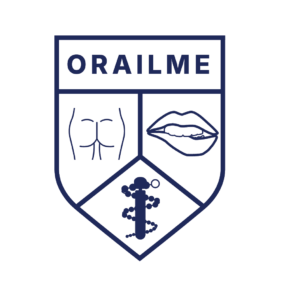The article ‘Engineering students require computer lab” in last week’s CT contains statements and errors, with respect to the Physics-Optics-Astronomy Library (POA) and the planned computer laboratory, which I want to address.
The author’s claim that ‘the POA will not be eliminated in its truest form” is unequivocally false. The current plan calls for the removal of two-thirds of the POA space, now occupied by the stacks and quiet section. While it has been proposed to renovate part of the remaining one-third into a quiet study space, its proximity to the group study area would make the situation untenable. The quiet section is integral to the POA library. I ask anyone believing otherwise to observe the group area on the eve of an intro-level exam, when students flock there for free tutoring from the Society of Physics Students.
Equally important, the plan calls for the possible removal of the reserve book section. One of the library’s strengths is the availability of course texts on a two hour reserve. The reserves are used extensively by SPS tutors.
It seems to me that a library is a collection of knowledge. Removing the stacks would alter the structure and ambiance of the POA, and would not maintain its ‘truest form.”
The author claims that the planned lab would generate camaraderie among engineering disciplines, yet this is a function of the current library. Physics students commonly do homework as a group in the POA library. This group work fosters a camaraderie I have not witnessed in any other department. The POA is not just a library it is a community including physics students, professors and graduate students, as well as pre-med and engineering students who seek tutoring.
The author also makes several claims about the new computer lab. As an engineer, I agree that engineering is streamlined by computational software, including general programs commonly available on campus and discipline-specific programs. But who would have access to the new lab, and when? Recently SPS members met with Dean of the College Faculty Peter Lennie and Dean of the College Richard Feldman and did not receive a direct answer to that question. It is doubtful that the Hajim School of Engineering and Applied Sciences will leave expensive resources such as a 3-D printer open to the public. The room will likely be restricted to students taking classes held there, but in any event, the claim that the lab would be beneficial ‘for both the humanities and the engineering disciplines” is at this time completely unfounded.
The author mentions that engineering students currently work in an ‘overheated, jerry-rigged computer lab.” This sounds untenable, but why would the Hajim School ignore existing resources? If the current lab is not renovated, what will it be used for? The cost of renovating Bausch and Lomb an aged building barely supporting an inferno-like computer lab on its fourth floor in order to insert the proposed lab must be astronomical.
The author speaks of classes split into two lab sessions. In my experience, this is beneficial. I find that I learn more with a lower student-to-TA ratio. Similarly, I find it incredibly difficult to concentrate in a room with 100 students. The notion of a communal computer course for engineering students is an interesting proposition, and such a course would require a state-of the-art computer lab, but why is space for 100 students necessary? Would not two or more smaller labs be more effective?
Lastly, the author mentions that the new lab would be a boon for the ‘entire academic community.” I had never before considered studio arts majors and engineers to constitute the entire academic community. The student reaction and 500 member Facebook group should be noted in analysis regarding ‘the entire academic community.” SPS tutoring is available to help pre-med, engineering, and intro physics students approximately 600 students per year. Supposing only a fraction use the tutoring, the numbers speak volumes.
As an engineer, I am interested in a state-of-the-art computer lab and a freshman course combining students from various engineering disciplines. But I do not believe that the POA is the optimum location. The library performs its current function admirably, and it would be a disgrace to UR’s stated dedication to diversity if it were to close a library that brings together students of so many different disciplines.
Gregg is a member of
the class of 2011.

